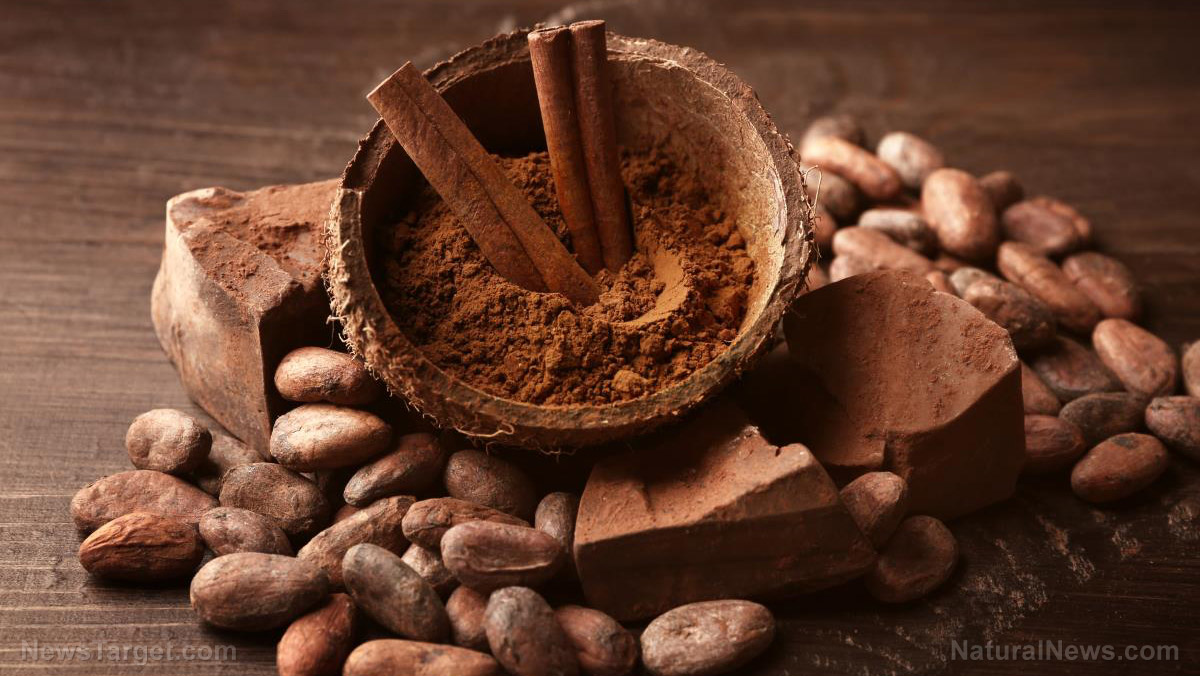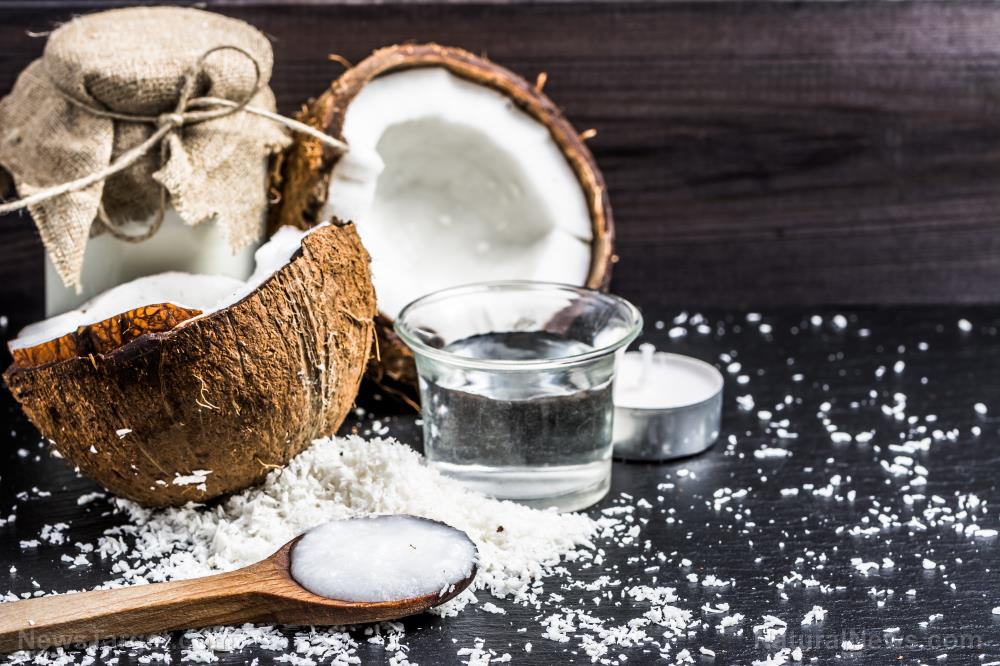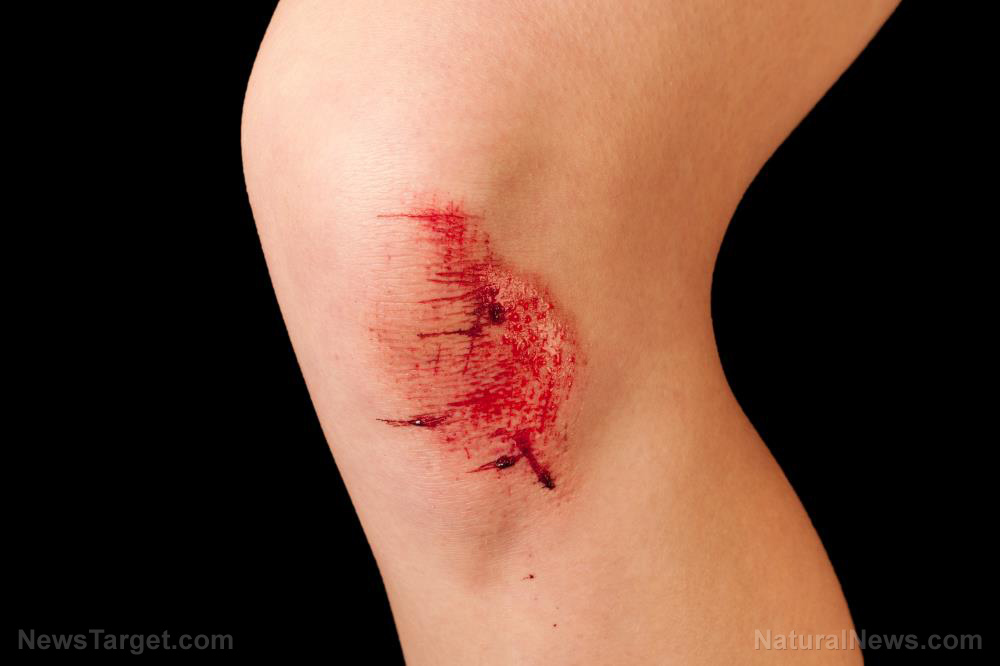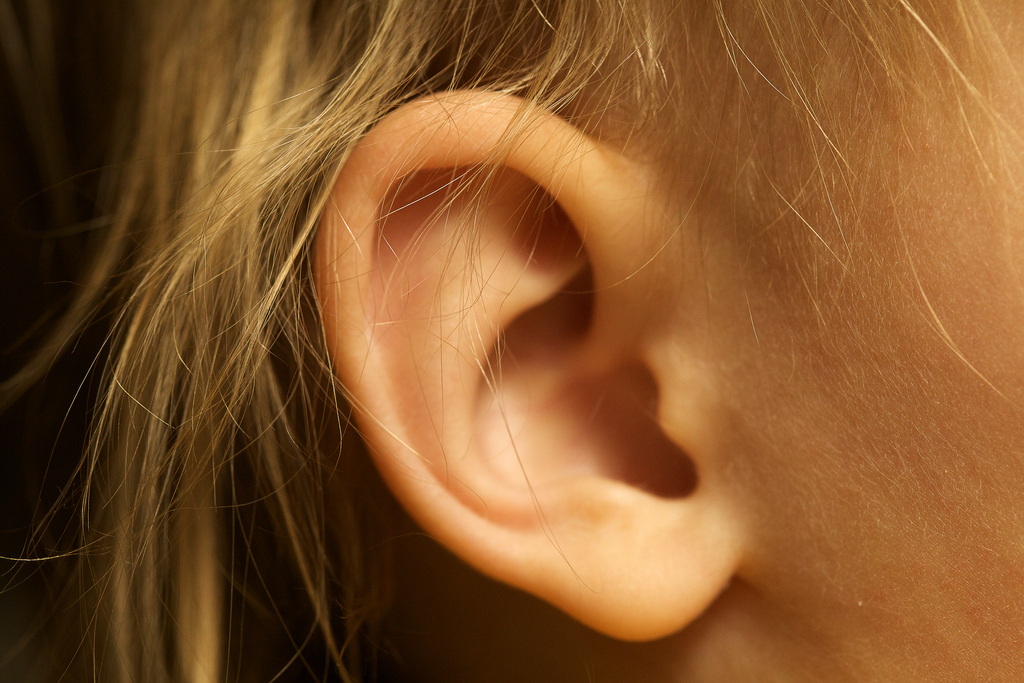Another medical benefit of the soursop: It kills triple negative breast cancer
10/24/2018 / By Edsel Cook

The spiky fruit of the soursop (Annona muricata) is not the only part of the tree that has anti-cancer properties. Its leaves can produce an extract that Korean researchers say is able to stop triple negative breast cancer from developing or spreading. During their experiment, the cancer cells of the breast cancer sub-type even began to die off. The extract reportedly triggers a pathway unique to this sub-type that causes the cancer cells to break down.
Triple-negative breast cancer is called such for the absence of the three biological markers that identify the other sub-types of the disease. It makes up about 12 percent of all patients with breast cancer. It is clinically aggressive, recurs more often, and has a high chance of invading the liver and brain.
Conventional treatment involves chemotherapy, surgery, and radiotherapy, all of which can do more harm to the body than the disease itself. Triple negative breast cancer cannot be treated by hormone-based therapies intended for other sub-types of breast cancer.
Soursop – sometimes called graviola – contains numerous metabolites called annonaceous acetogenins. These phytochemicals have been tested for their activity against arthritis, parasites, and even cancer. (Related: Dramatically reduce your breast cancer risk by simply eating more cruciferous vegetables.)
A possible remedy for triple negative breast cancer?
Researchers from Seoul National University (SNU) acquired samples of the extract made from the leaves of the soursop tree. They analyzed the methanol-processed solution to identify and count the individual phytochemicals that made up the extract.
For the experiment, they cultivated two different breast cancer cell lines. The MCF-7 line was made up of breast cancer cells that tested positive for estrogen receptor biomarkers. It made up the control group.
Meanwhile, the MDA-MB-231 line is drawn from triple negative breast cancer cells. This culture served as the treatment group.
The soursop leaf extract was applied to cultures of these two cancer cell lines. The researchers conducted several different tests that determined individual properties of the extract.
They evaluated its cytotoxic effect on the viability of the cancer cells, as well as its effectiveness at inhibiting the growth of those cells. They also took stock of its ability to prevent wounded carcinoma from healing injuries, and stop it from spreading to healthy cells.
Last but not least, they analyzed both cultures to determine how the soursop leaf extract achieved any of its effects on the normal breast cancer cells as well as the triple negative breast cancer cells.
A functional food that treats estrogen receptor and triple negative breast cancers
Phytochemical analysis of the leaf extract detected isomers that confirmed the presence of many annonaceous acetogenins. This included the important annonacins.
The extract proved toxic against both breast cancer cell cultures. It was able to greatly lower the viability of the cells, which prevented cancer from growing as fast as before. The cytotoxicity of the treatment increased as the dose went up.
The soursop extract also hampered the motility of the breast cancer cells. If wounded, the cancer cell did not heal as fast or as well. Higher doses resulted in stronger effects on the cell motility. The ability to invade healthy cells was also curtailed, although this was not dose-dependent.
While it affected both cell cultures, the soursop leaf extract used different mechanisms to cause cell apoptosis. For MCF-7 cells, the extract used the estrogen receptors to trigger the self-destruct sequence.
However, for triple negative breast cancer cells, the soursop extract targeted a unique apoptotic pathway. It attacked mitochondria and damaged the DNA of cancer cells.
The researchers believe that further studies would shine more light on the potential anticancer use of this functional food.
If you want to read more about the cancer-fighting properties of soursop, visit AntiCancer.news.
Sources include:
Tagged Under: alternative medicine, anticancer, breast cancer, disease treatments, Diseases, food as medicine, food cures, functional food, women's health




















